|
ARWC installed cribbing structures to protect Pass Creek Road in the Spring Creek Fire burn scar area. The structure utilizes burned, but stable trees from the area to stabilize the road and prevent deterioration and washout caused by post-fire flooding. Pass Creek Road provides critical ingress and egress for local residents, emergency responders, utility and services providers, and travelers in the area.
0 Comments
Forest health and wildfire mitigation work on Monarch Pass is moving along successfully with 115 of 185 acres of treatment area completed. The cut-to-length steep slope equipment being used for the first time in Colorado is proving safe, effective and efficient. The specialized equipment is designed to remove trees on steep slopes with technical terrain that has previously made thinning impossible on the pass. Crews are working hard to complete the project before the deep snow flies, most likely by early November. Learn more about the project.
Our new post-fire flooding and recovery video helps share the story of recovery following fire in the Arkansas Basin. Take a look to hear perspectives from our recovery coordinators and communitiy members on the ground working through these challenging processes.
ARWC is on the ground in the Spring Creek Fire burn area completing digital elevation mapping in partnership with River Science. This imaging will help ARWC choose and prioritize sites to implement post-fire recovery projects for the most positive impacts.
Also this summer, ARWC cleared out a pool at Sulphur Springs to create a sediment catchment basin which worked to successfully slow down and catch sediment during two flood surges on July 27 and August 3. We are developing new projects in Middle Creek, Indian Creek and Pass Creek. As the rainy season approaches, we want to remind area residents to begin preparing now for post-fire flooding in the Decker Fire burn area. Areas below the Decker Fire burn scar face risks to safety, homes, roads, trails, and water supplies from post-fire flash flooding. While projects are underway to assist landowners and others with recovery, there is significant work you can do now - before the rainy season is upon us.
Education and preparedness are the first line of defense. Hillsides stripped by the fire of trees and other vegetation are unable to absorb rainfall which creates what we call a “bulking factor”. The bulking factor takes into consideration increased runoff due to reduced vegetation and the collection of debris (burned trees, soils, etc.). The bulking factor in post-fire conditions results in dangerous flash flooding even in drainages or draws that have historically been dry. Burned and unstable soils break apart easily even with modest amounts of precipitation and burned trees and debris can be swept down during a flash flood and cause severe injuries and threats to life and property. Educating and preparing yourself will go a long way to creating a safe and secure environment on your property.
By taking a few basic but vital steps you can prepare yourself for potential post-fire flooding. We ask you all to be safe, be prepared, and be informed. For more information, links, resources, and contacts to help you prepare for post-fire flooding please visit the Chaffee Recovers website. REGISTER NOW FOR CHAFFEE COUNTY EMERGENCY ALERTS PURCHASE FLOOD INSURANCE REVIEW PREPAREDNESS & RECOVERY RESOURCES We join with our community - locally and globally - to reduce the spread of the novel coronavirus to help protect those that are most vulnerable. We are practicing social distancing, remaining at home and cancelling gatherings in accordance with recommendations from the Centers for Disease Control and Prevention and Colorado Department of Public Health and Environment.
We are fortunate to have a team that is prepared for and adept at working remotely so that we can continue working on urgent projects - especially post-fire recovery and flood preparedness - that impact the health and safety of our communities in the Arkansas Basin. We will continue to shelter at home to protect public health and follow disease control recommended practices, while continuing to work hard on projects that positively impact forest and watershed health, and water quality, in the basin. We will continue to prepare for potential post-fire flooding that the coming rainy season could bring. If you live in a fire-impacted community in the basin and have questions or concerns, please reach out by phone or email. We encourage everyone to carefully practice social distancing to keep everyone as safe as possible. During times of change that channel our attention and action to uncertain circumstances, we can choose to take the opportunity to learn to tread more lightly on the earth, consider how we may consume less to be safe and comfortable, and care for each other and the land that sustains us all. We would like to share a positive example of critical watershed restoration work being done in the Arkansas River Basin. In this difficult time, we remember that we must tread lightly, caring for each other and the land that sustains us.
Trout Unlimited's Jason Willis designed and implemented restoration of the Monarch Pass Gravel Pit, a former gravel mine adjacent to Monarch Mountain's Gunbarrel ski run. The abandoned pit was in poor condition, stripped of vegetation. Situated on a steep hillslope, eroded soils from the site washed into the headwaters of the South Arkansas River. As Jason said, the site was a "barren landscape that provided an open pathway for highly mobile soils to cross Hwy. 50 and flow into the headwaters of the South Arkansas River." Jason partnered with ARWC through the Monarch Pass Forest & Watershed Health Project to design and implement this important work. We will continue to collaborate with our partners to make more of these projects a reality. Each effort makes a measurable improvement to the health of the entire watershed. Read more about Jason's work here: https://www.tu.org/blog/good-outcomes-from-field-season/ POSTPONED - As we join our community - locally and globally - to reduce the spread of COVID-19, we are delaying this project and other in-person meetings and gatherings. We continue to work on fire and flood recovery which impacts the safety of our communities, but will postpone volunteer projects until it is safer for us to gather.
Revegetation plays a crucial role in post-fire recovery. Vegetation helps hold the soils in place, preventing channelization of flood flows and reduces the amount of sediment and debris moving downstream during a flood event. Vegetation is key to long-term sustinability in post-fire conditions. Join the Arkansas River Watershed Collaborative (ARWC) and the Greater Arkansas River Nature Association (GARNA) for a day of seeding in Upper Bear Creek Drainage. ARWC is seeking volunteers to help spread a native seed mix and mulch on private property that was burned in the Decker Fire. Thank you to GARNA for gathering volunteers, and cheers to Western Native Seed in Coaldale for providing seed and to Chaffee County for bringing the mulch. Fire recovery is a community-wide process and we are grateful for our partners. If you are interested in volunteering or donating funds towards additional native seed and cover crop seed please Contact Us. The Community Recovery Fair on February 29 provided an opportunity for those impacted by the Decker Fire - and their concerned neighbors - to gather to learn more about fire preparedness and post-wildfire safety and preparedness. Learn more.
Chaffee County and the Decker Fire Recovery Team are hosting a Decker Fire Recovery Fair from 10 am to 2 pm on Saturday, February 29th at the Chaffee County Fairgrounds -10165 CR 120, Salida, CO 81201.
The community preparedness fair is open to all of Chaffee County and surrounding area, including Fremont and Saguache counties, and is designed for all residents - including those affected by the fire and those who want to learn to be prepared for future wildfires, flooding and other natural disasters. We live in a fire-adapted part of the Southern Rockies, and wildfires will continue to become more frequent across Colorado. Professionals will be on site to provide guidance on flood insurance, forest and flood mitigation, business continuity, well water testing, building emergency evacuation kits, animal safety, property assessments, communication strategies, donation and volunteer management, and evacuation and re-entry planning. |
ARCHIVES
September 2023
CATEGORIES
All
|

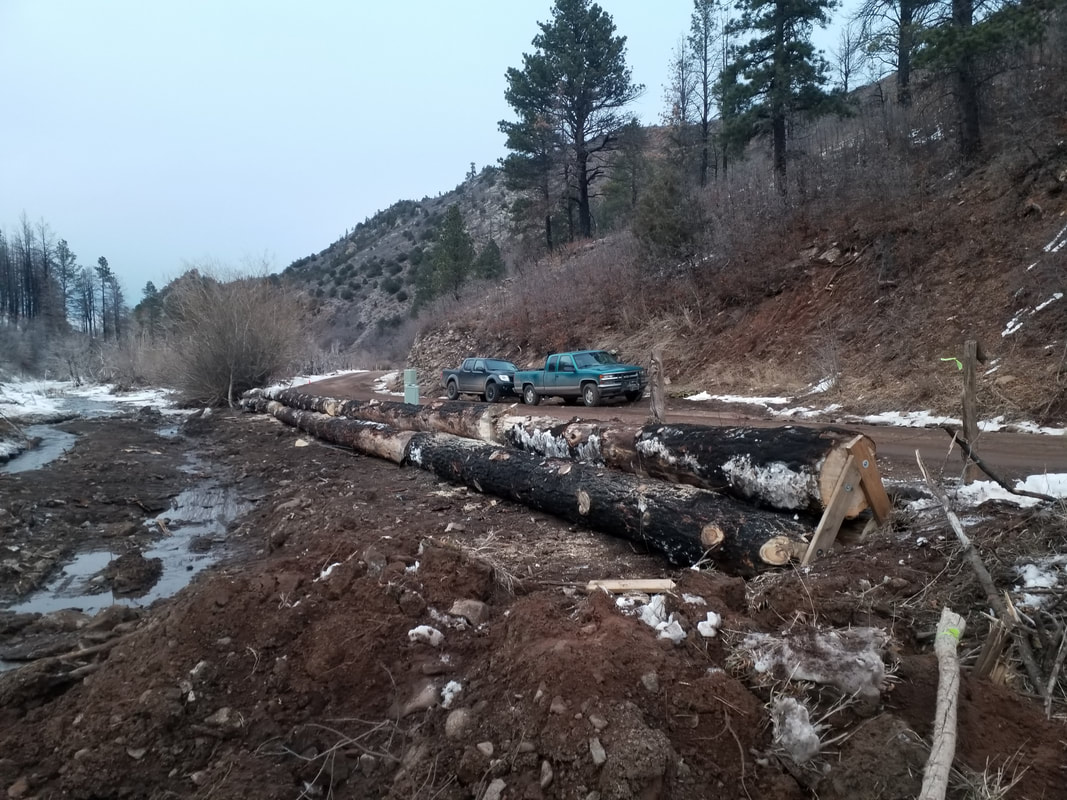
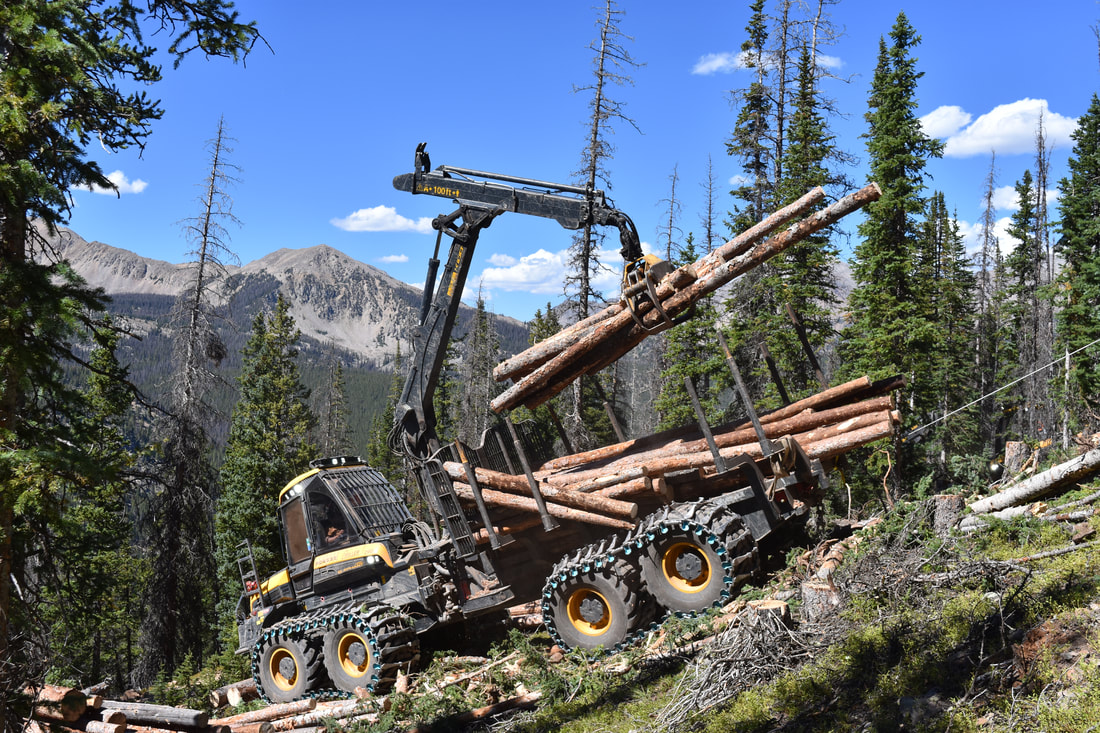
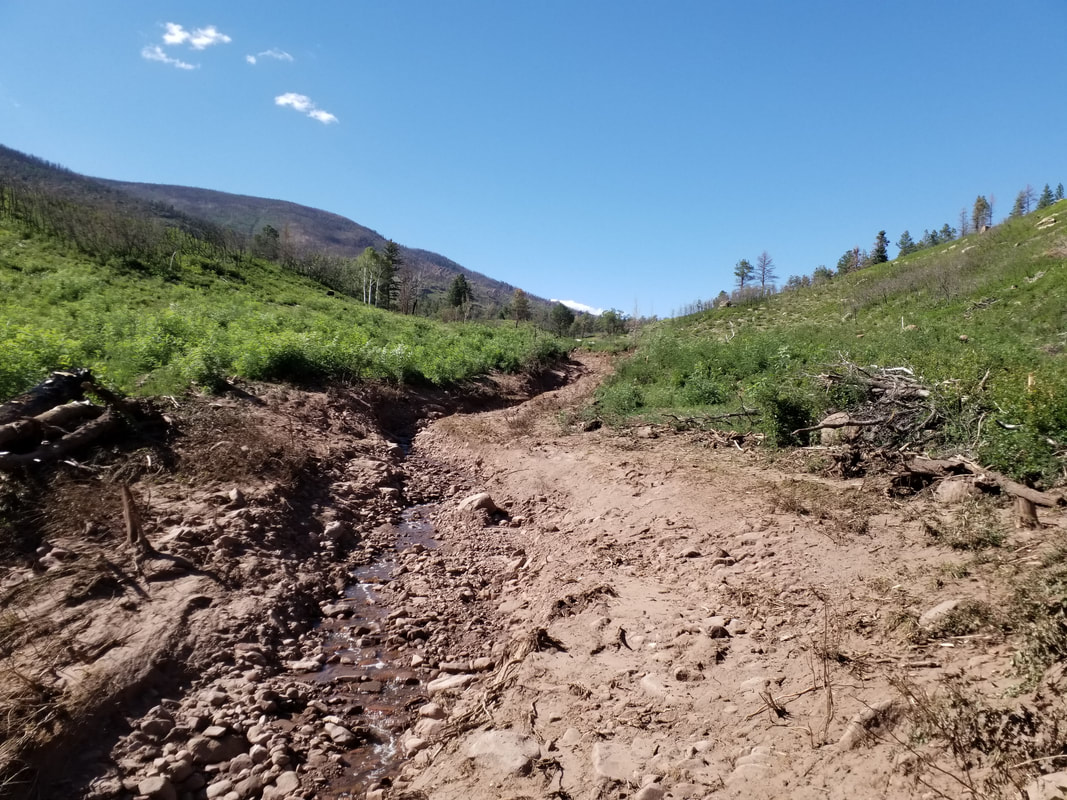
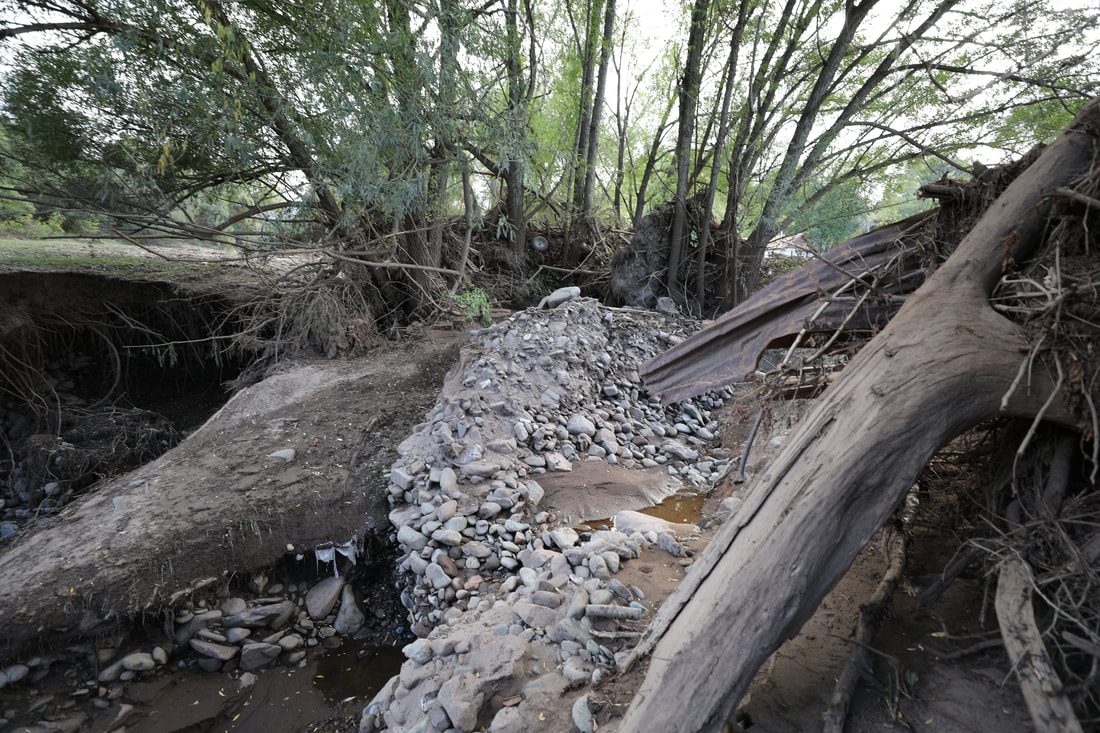
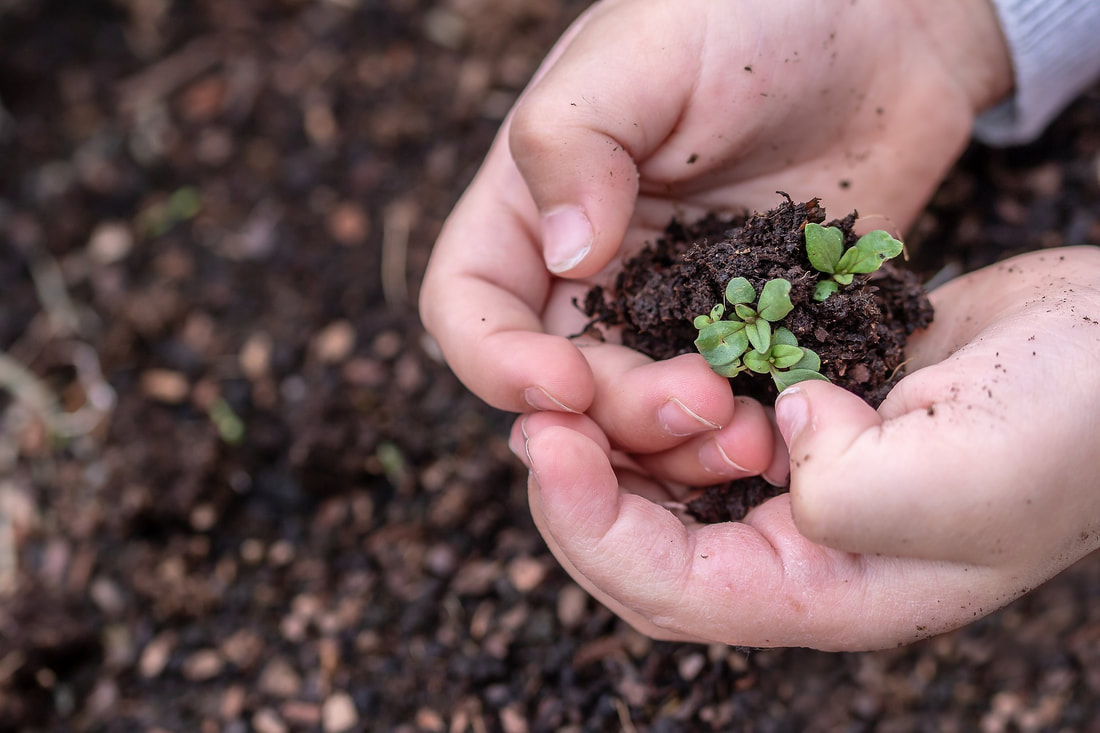


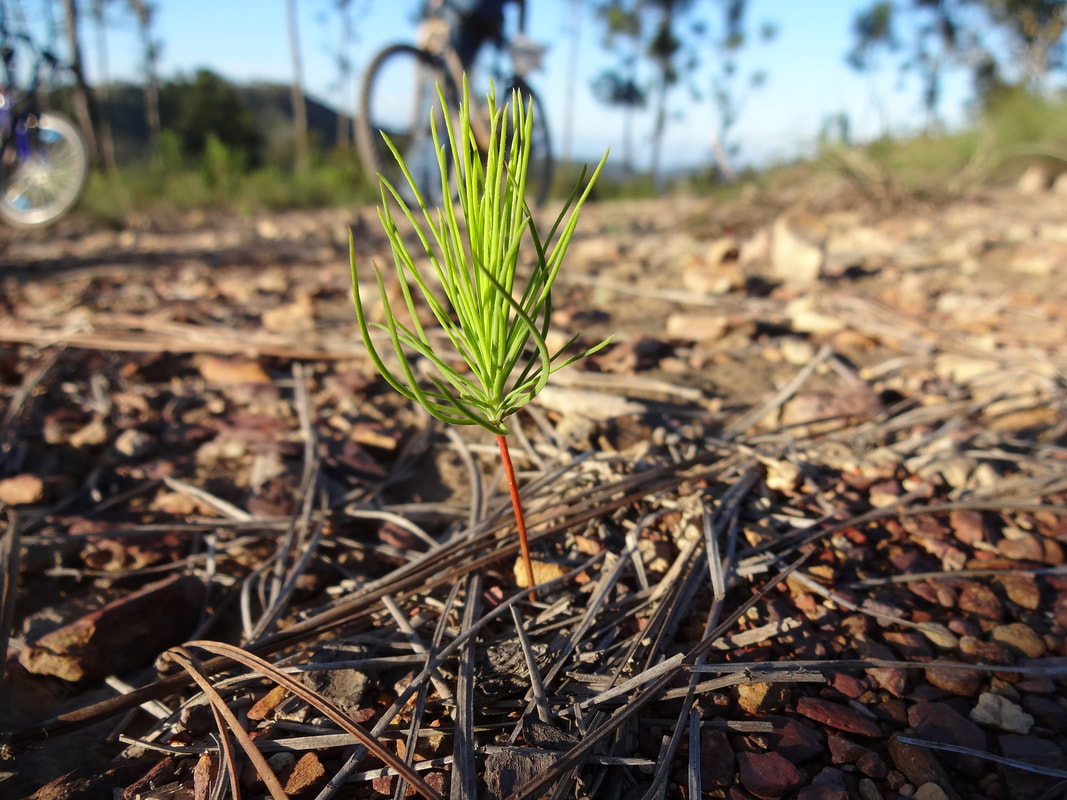
 RSS Feed
RSS Feed
